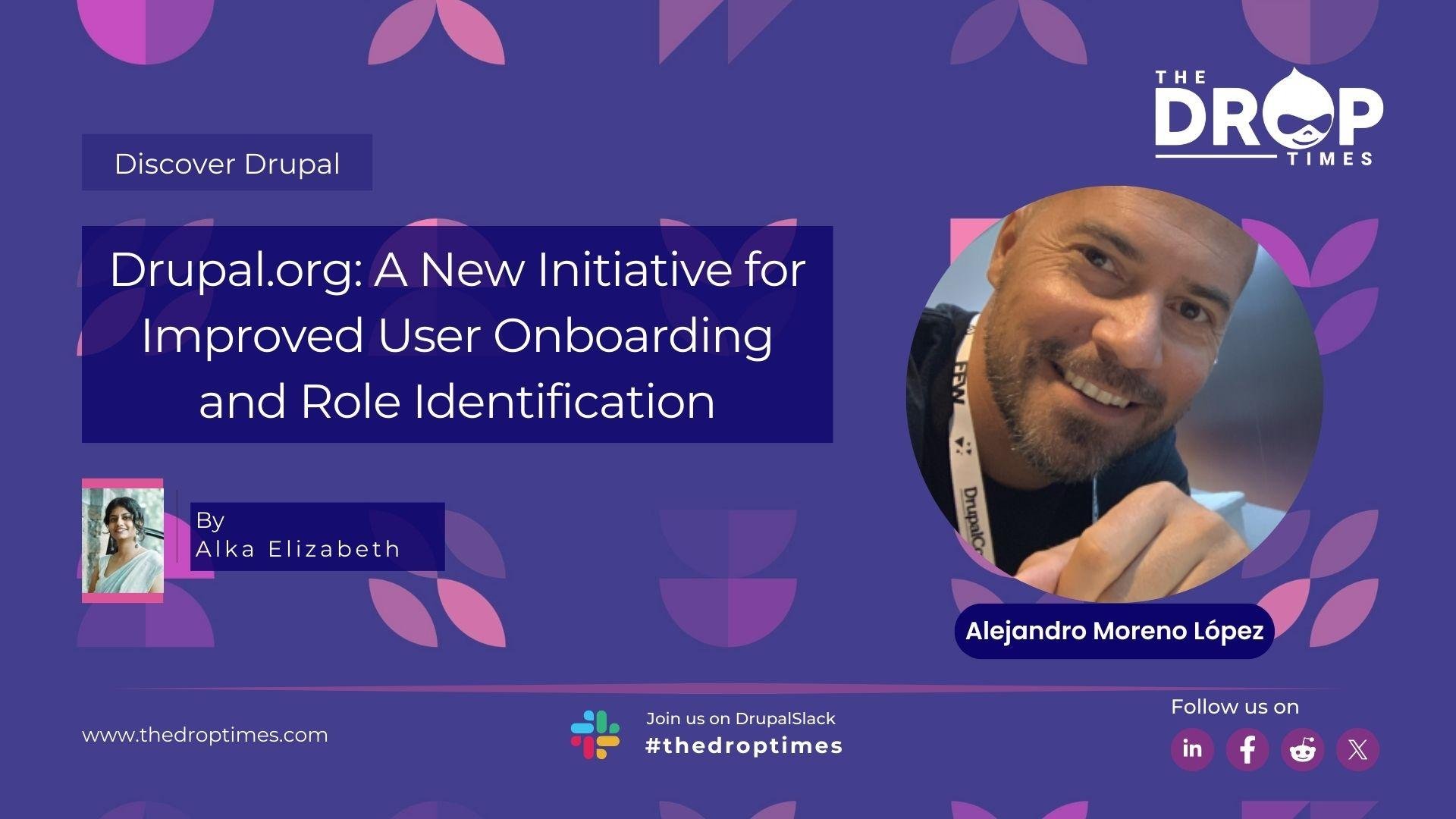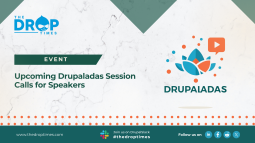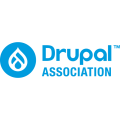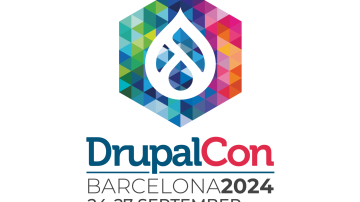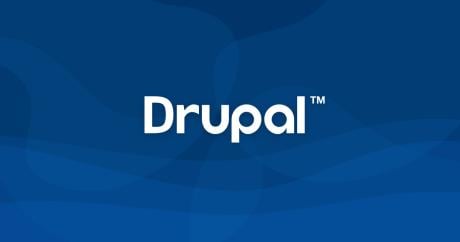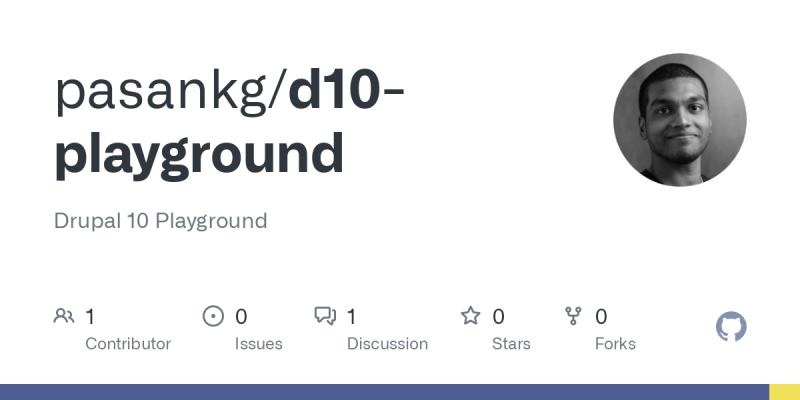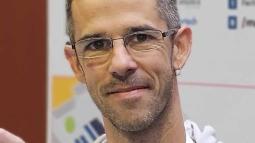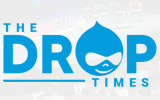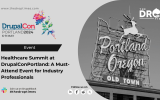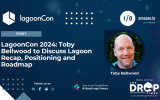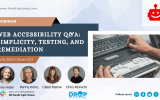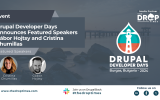Drupal.org: A New Initiative for Improved User Onboarding and Role Identification
The Drupal Association is currently addressing a significant need for improved user on Drupal.org. Currently, the platform cannot identify specific user roles, such as developers, marketers, managers, site builders, and other non-software-related roles during registration. The issue, raised by Alex Moreno and supported by the community, aims to enhance user profiling by adding fields to capture roles such as Developers, Site Builders, Managers, Marketers, and others.

The first few weeks of 2024 we've been busy auditing the registration flow on Drupal.org to try and improve the onboarding process for new users and help them more quickly become contributors to Drupal. I presented the findings and ideas to the Innovation Working Group at the end of January, and I’ll be publishing those ideas very soon, but the long story short is that 1) we need to improve our registration flow, and 2) we know very little about our users.
Alex Moreno discussed this new initiative with Alka Elizabeth of The DropTimes [TDT].
Alex acknowledges that while many attendees will be developers with technical backgrounds, the demographic includes project managers and designers. He emphasizes the importance of understanding these diverse groups better to tailor and present the most relevant information for their involvement. Better understanding the users, such as details on certifications and training opportunities can provide more targeted assistance.
"We can connect people with the right skill sets to the strategic initiatives that keep Drupal going and staying innovative and modern, and in general make sure we send fewer notifications, but more meaningful and useful to each group or segment of users that we can identify."
said, Alex.
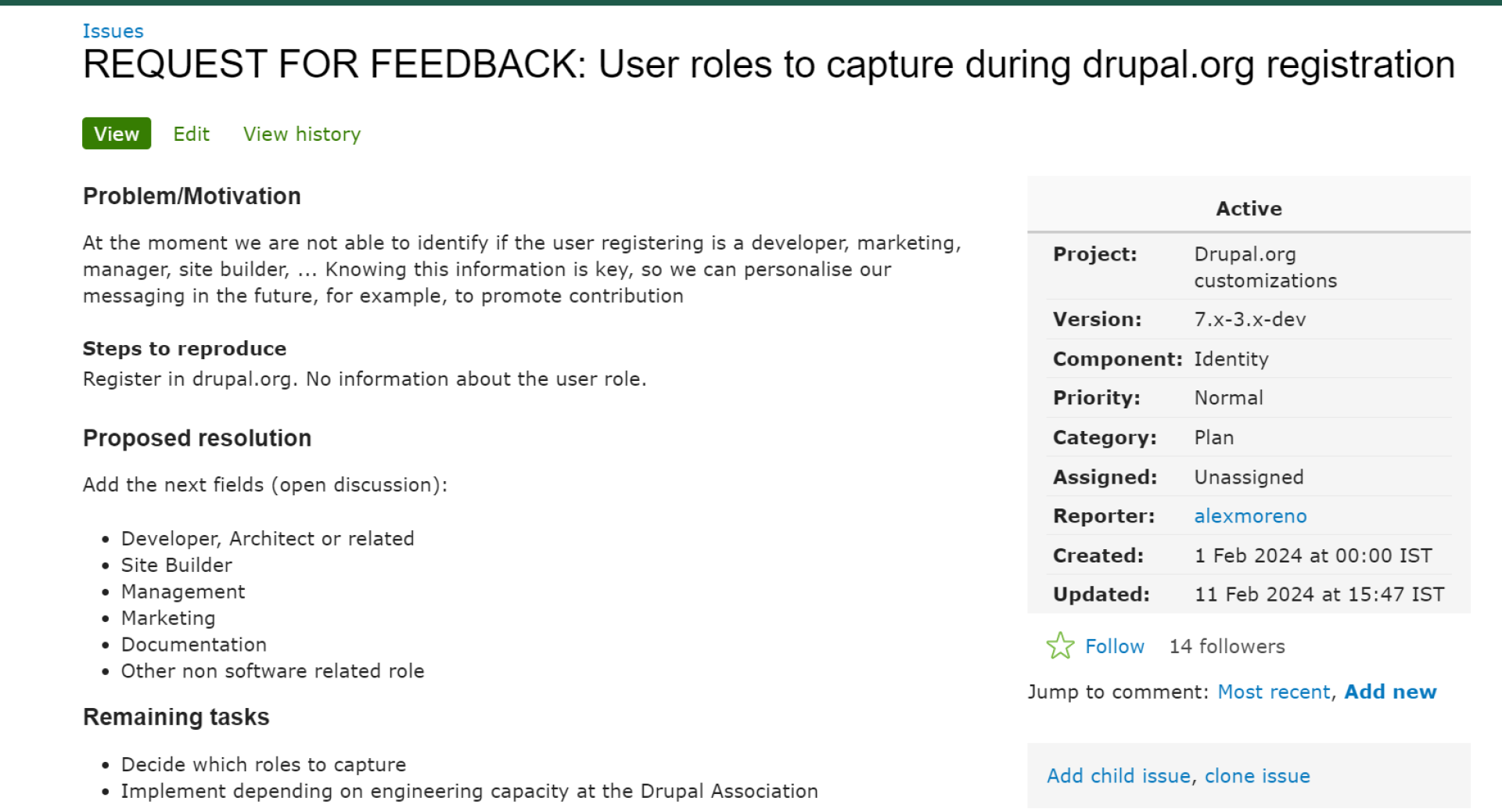
Although better serving the variety of users joining Drupal.org is precisely the reasoning and the goal of starting to capture some essential information, the importance of privacy cannot be underestimated. Recognizing its significance, Alex sought community feedback before taking the first step.
"I wanted to know what roles people think we should capture, but also if there may be any resistance to even mention this."
So far the responses have been positive and the community is united in front of the need for such a survey and why it is attempted. Community members have also emphasized the potential usefulness of improvement, providing insights into the various personas that may register, such as site owners, content managers, SEO professionals, and influencers.
"I can envision a first phase where we tackle the easy part, the initial onboarding of new users. That will consist of improving three registration flows, the email we send new users, but also the documentation that those users find."
added, Alex.
There is a group already doing some amazing work, with people like Carlos Ospina, Ana Laura Coto, Javier Prada, Mike Anello, Borja Vicente, or Raul Jimenez already pushing to improve the experience of new users, so if anyone reading this is interested, Alex recommends getting in touch with the IXP-Fellowship initiative.
However, as Cristina Chumillas has emphasized to Alex, onboarding is just the initial step, not a direct solution to fostering innovation within the ecosystem.
"This is a work in progress, I’m planning to publish some ideas during March that should spark some conversations and hopefully inspire some people to collaborate."
- a non-spoiler alert from Alex Moreno.
On asking about specific challenges or technical barriers identified in implementing the proposed user role identification fields, Alex adds that the plans of the Drupal Association and its Board are often constrained by their limited operational resources, primarily in terms of available personnel and hours. He specifically notes a preference to avoid referring to human contributors as 'resources', finding it disrespectful.
As Tim Lehnen says, the Drupal Association is a small but mighty team!
"You have to realize how small that is. In the case of engineering, it’s just Neil, Brendan, and Fran are in charge of just implementing, maintaining, and keeping the software secure, which includes Drupal.org, Drupal jobs, and DrupalCI, migrations, … but also doing the same for the infrastructure."
Alex suggests that community assistance and financial contributions through Drupal memberships can significantly aid in overcoming these limitations and challenges.
On seeking feedback, Alex Moreno received commendable responses, while all of them cannot be implemented, Here is a list of suggestions from individuals such as Paul Johnson.
- Site owner
- Content manager
- Content strategist
- SEO
- Evaluator - someone looking at Drupal as a potential option as end user. Nurturing this type of visitor would be highly beneficial.
- Journalist
- Influencer
- IT manager
- Quality Assurance Manager
- Solutions Architect
- Student - another obvious person to target specific content for
- User Experience Designer
- Developer Relations
- Drupal Contributor

Paul also suggests considering an additional query for users aimed at content targeting, such as "What is your level of knowledge with Drupal?" or "What is your primary motivation to register?". This approach could enhance the relevance of the content provided.
Alex also plans to make the user role capture field available to existing users for retrospective insights.
"As I was introducing, developer onboarding is important, but it’s even more important for example the huge number of developers that use Drupal but have never contributed back. We won’t be able to convince 100% of them to give back, but what if we could turn the tide and get a percentage on board? How would that change the whole project? How would that impact Drupal? Would that foster innovation as a side effect?"
asks Alex Moreno.
He wonders why some users never contribute to Drupal. He questions whether this is due to a lack of time, interest, or knowledge or if they are unaware of the project's significance and impact on their livelihood. He advocates for discussions on open-source sustainability and believes answering these questions could lead to more contributions and faster Drupal development (i.e. read https://dev.acquia.com/blog/reflections-open-source-sustainability).
"I think we need to talk a lot more about these topics, sustainability mainly, and ensure that there is a sustainable and innovative future for Drupal and the Drupal Association. Maybe expect some proposals from my side for DrupalCon Barcelona :-)"
concludes Alex Moreno.
Note: The vision of this web portal is to help promote news and stories around the Drupal community and promote and celebrate the people and organizations in the community. We strive to create and distribute our content based on these content policy. If you see any omission/variation on this please let us know in the comments below and we will try to address the issue as best we can.



